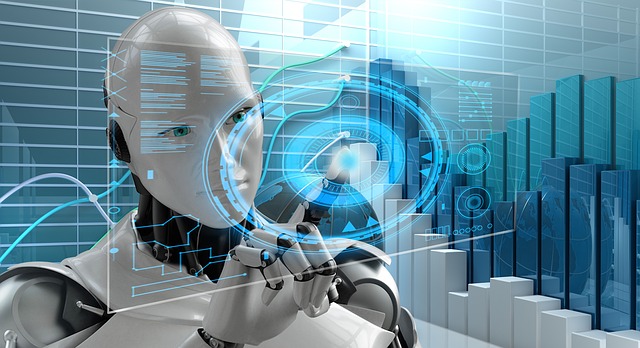In many organizations today, artificial intelligence is a vital device. AI technologies help businesses to work better, but above all, they create value by opening up time to innovation and strengthening human creativity that fosters human enterprise.
Nowaday many companies offer SAAS software development in AI to enhance different kind of businesses. SAAS software products are the custom enterprise data analytics software that is able to eliminate number-crunching from hours to minutes for things like algorithm trading.
AI will transform not only what people learn, but it will also transform how they learn. For instance, MasterCard experiments with AI software that builds on expert employee experience to enable all employees to become better sellers. This not only aims to close the void but will also reduce the need for commonly used wider training classes.

AI technology should be used to:
- Use virtual support programs, such as to provide users with real-time support in billing and transactions, to enhance customer services.
- Automatically load research – for instance, gather and interpret data from smart sensors, or categorize research using machine learning (ML), route service requests automatically, etc.
- Automate logistics – Using AI image recognition software, for example, to track and automate the network, to schedule transportation routes, etc.
- Increase company production productivity and quality — for example, by using industry robotics in the process, optimize production lines and train them to do labor-intensive and repetitive work.
- Prevent interruptions – for example, use anomaly detector techniques to recognize the trend, such as IT disruption, that can disturb your business. You may also use specialized AI tools to track and prevent data violations.
- Predict results – for example, using AI software to assess which success targets can be reached, for example, reaction time for supporting desk calls or predict stocks a day before for business profits.
- Predict behavior — Use the ML algorithms, for example, to evaluate online activity trends to deliver customized product offerings, identify credit card fraud, or target-related ads.
- Manage and evaluate your knowledge, for instance, AI is able to assist you more than ever to view and quantify your data and give you a clear insight into your finances, company, employees or clients.
- Develop communications and promotions – for instance, monitor consumer activity efficiently and automate a variety of repetitive marketing activities.

Automation became part of our strategy to speed up things that took us so long. You may not foresee the full possibilities of AI adoption. Others fear it’s going to drive work away. Sure, AI is a means of automating operations and raising costs for many companies initially. The more likely result, though, is that, just as the increase of tech has opened up new developer employees, AI ‘s growth will build a new variety of positions and expand established jobs: data scientists, computer engineers, data managers, web developers and experts of the line of business.
Also, the most skilled computer scientists will frequently require weeks and months to analyze the correct neural networks and other algorithms and select them to reach an appropriate model accuracy. Automation eliminates the time needed in minutes and hours for the discovery of and control of products. Rather than constantly testing and changing code to continually update the templates, they will concentrate on optimizing product descriptions and discussing new AI software.
The future of the research is the interaction between human intelligence and AI. AI alone will not achieve the desired results if you do not define the field of experimentation and training that reflects business knowledge and complexity.
